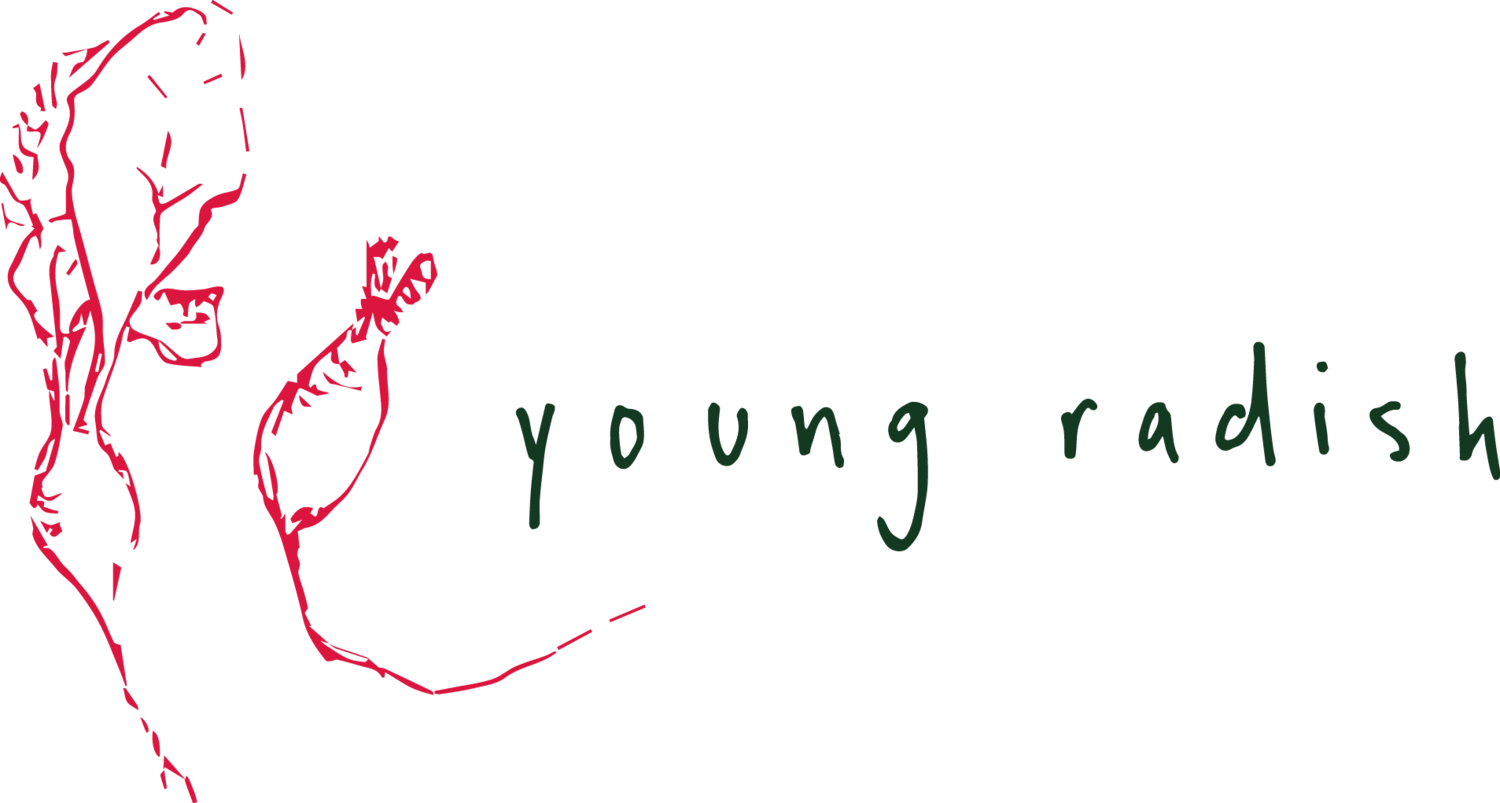Ti
Blackout poem text from Karen Alstadt and Karen Holdst
心境
廢れし路をさまよへば
光は草に消え行けり
けものめきたる欲念に
怯ぢしは何時の夢ならむ
臘梅
臘梅の匀を知つてゐますか?
あの冷やかにしみ透る匀を。
わたしは――実に妙ですね、――
あの臘梅の匀さへかげば
あなたの黑子を思ひ出すのです
-Ryunosuke Akutagawa
Songs
Wandering an old and broken path
Sunlight breaks and dapples the grass
The beast of my desires
Hunts down the dreams of my past
Do you remember the smell of wintersweet?
The chilling, permeating smell
So strange it is—only by smelling that same wintersweet
Can I then remember your birthmark
-Translated from Japanese by Ti
Songs
When wandering a beaten path
The light cut through the grass
And lust like a caged beast
Gave a dream of the past
Do you know the smell of wintersweet?
That frosty, biting smell
Strangely—only when I smell that biting wintersweet
Can I recall your mole
-Translated from Japanese by Ti
Translator’s Statement
Ryunosuke Akutagawa (1892-1927) was a Japanese author from Kyobashi, Tokyo City. In his lifetime Akutagawa produced over a hundred and fifty unique works—both in prose and verse—such as In a Grove and Hell Screen. The themes of several of his stories have ended up in popular modern media, which continues on his legacy as a successful author. Akutagawa himself drew inspiration from classic Chinese literature in his work, and even went abroad to China to study it shortly before his death in 1927.
One of his works includes a poem called “Songs,” which is the poem I translated into English. This poem is written with four lines in the first stanza, and five lines in the second. In this poem, Akutagawa doesn’t establish any rhyme schemes in the poem, instead leaning on the soul fluidity of the poem. The poem is very easy to listen to and flows like running water, for lack of better words.
One of the issues I ran into when translating this poem was the actual translation process itself. The original poem was written in 1914, and thus uses very old Japanese characters that aren’t used today. So the first roadblock in translating the poem was finding a romanized version of the poem, which my translation mentor and I eventually achieved with enough looking on the internet. After that, making the literal translation was fairly simple, but then I turned to make my two interpretive translations. The obstacle here was mostly my own tendencies as a poet. I really like to embellish in my poems, but the lines in “Songs” were fairly short, so I had to reign in the creative liberties I took with the form while also keeping each interpretation unique. To make things easier for myself, I chose to take on two different tones for each translation. The first aimed to be reminiscent, like the poet was reminiscing over someone they once knew and had since lost. And the other was meant to be more jagged, like it was told from the perspective of a hunter remembering characteristics of its prey.
When we were first exploring the process of translating poetry, we looked at a few sources from translators talking about the art of translation. Many of them talked about how translation was a tricky thing, and that nothing could ever perfectly be translated because the definition of “perfect”’ is too restrictive to work with. Additionally, languages become lost in translation. Especially due to colonialism, translating one language may be held in a higher regard than translating another language. In “Languages as Bridges” (2023, based on a talk given in 2009), Ngũgĩ wa Thiong'o asserts:
Linguistic and cultural feudalism is the view consciously or unconsciously held that some languages, between and even within nations, are of a higher order than others; that they constitute an aristocracy while others, descending order of being, occupy lesser positions, different degrees of minionage.
Translation has always been a distinctively difficult process, but it's been made especially difficult over the years and the development of the internet. Mainstream languages prosper, while smaller and struggling tongues get drowned out in the buzz, and eventually are lost to time.
Additionally to my translations, I also created a blackout poem about the history of the heritage languages in my family. I’m most connected to my mom’s side of the family (and she also happens to know what our family history is), so I interviewed her about my family’s history with language. My grandfather (her father) was the first person in the family not to speak Swedish, and it's never been spoken since in our family. Knowing that, I aimed to make my blackout poem sort of reminiscent of the loss of a language in our family. Taking the short paragraph I got from the interview with my mom, I added a few excerpts from an essay on the Swedish language in America to give me more substance to work with. I intentionally kept my poem very simplistic, keeping it only to the blacked out lines of text with no added drawings. I wanted to draw attention to the substance of the poem itself, so I felt like keeping it simple was the best way to go about that.
Bibliography
Wikipedia, “Ryunosuke Akutagawa”
Center For The Art of Translation, “Songs”
The Local, “Exploring Sweden’s Linguistic History in the United States,” Karen Holst
*
Ti is a fifteen year old sophomore from Meridian Academy who enjoys art, writing and especially world building. They’ve been working on a world called “Dauldr” for almost four years at this point, and particularly enjoy writing poetry from the perspective of one of their characters, Miete. After high school, Ti hopes to go to college for creative writing.

